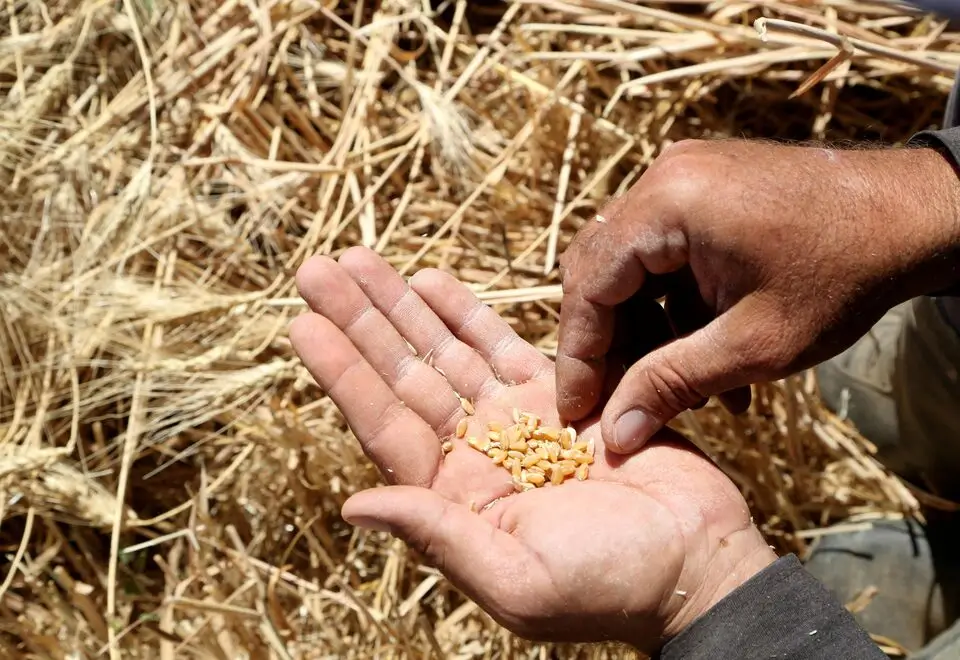In a significant development affecting global food security, Russian wheat supplies to Syria have been unexpectedly suspended due to complex political and logistical challenges, sources close to the matter revealed.
Wheat Trade Background
Russia, the biggest wheat exporter in the world, has long been a vital supplier to Syria, negotiating complex financial and logistical routes to get under Western sanctions placed on both nations. For the more than 23 million people who live in Syria, the wheat trade has been a vital lifeline.

Reasons for Wheat Export Suspension
Multiple factors have contributed to the suspension of grain exports:
- Uncertainty surrounding Syria’s new government leadership
- Delays in payment mechanisms
- Lack of clarity about wheat import management
Wheat Shipping Complications
Current shipping data reveals unprecedented disruptions:
- Right now, the ship Mikhail Nenashev is anchored off the coast of Syria.
- Alpha Hermes, another ship, has been diverted to the port of Alexandria in Egypt.
- There are still about 60,000 metric tonnes of wheat cargo undeliverable.
Political Context of Wheat Trade
The suspension comes after a recent political upheaval in Damascus, when the previous government was overthrown by the organization led by Islamist rebel leader Ahmad al-Sharaa. Administrative mechanisms, such as commodities import agencies, are still being established by the new organization.

Diplomatic Communications on Wheat Exports
Russian diplomatic channels are actively engaged:
- Direct communication with the political committee of Syria’s Islamist rebel group was verified by Russian Deputy Foreign Minister Mikhail Bogdanov.
- The preservation of Russian military installations in Syria is still up for debate.
- The wheat export stalemate is being resolved diplomatically.
Potential Wheat Supply Humanitarian Implications
The grain export suspension could have significant consequences:
- Every year, Syria usually imports over 2 million metric tonnes of wheat.
- War and multiple droughts have had a significant impact on the nation’s domestic wheat crop.
- A protracted interruption can raise issues with food security.
Wheat Trade Economic Perspective
Industry experts provide nuanced insights:
- Eduard Zernin from the Russian Grain Producers and Exporters Union stated that exporters do not plan to unilaterally stop wheat supplies
- IKAR consultancy estimates current wheat exports to Syria at 300,000 tons this season
- Syria ranks 24th among Russian wheat buyers
Alternative Wheat Export Scenarios
Russian industry sources suggest potential alternatives:
- The current wheat cargo might be sold to alternative buyers
- Some grain trade with Syria continues through sanctioned vessels not visible on tracking systems
- Negotiations are ongoing to resolve payment and delivery uncertainties
Looking Forward at Wheat Trade Dynamics
The issue is still open, and efforts are being made to break the current deadlock through diplomatic and business channels. According to both Syrian and Russian authorities, there is continuous communication to resolve the issues with the wheat supply.
The suspension draws attention to the intricate interactions between regional humanitarian needs, sanctions, and geopolitical conflicts. The international world is keeping a close eye on the negotiations because it understands how vital it is to keep food supply networks intact in areas hit by conflict.

